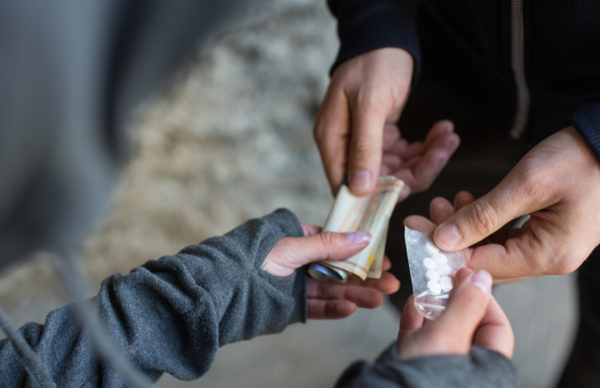Both federal and state laws make it a crime to willfully possess illegal controlled substances. These drugs can include marijuana (federally and in most states), methamphetamine, cocaine, LSD, heroin, and so-called club drugs. Additionally, these laws make it a crime to possess specific accessories that are related to drug use and certain chemicals (known as precursor chemicals) that are used in illegal-drug production. Though possession seems like a fairly straightforward charge, there are a multitude of variables that can complicate the issue.
Elements of the Crime of Possession
While drug laws vary significantly between the states, the elements that make up a charge of drug possession remain fairly consistent. A prosecutor must be able to prove beyond a reasonable doubt that you knew that the drug in question was, indeed, a controlled substance and that you knew that you were in possession of or control over that controlled substance.
Possession can also refer to a situation known as constructive possession in which you might have had access to the illicit drug but did not have it on your person at the time of your arrest. For example, if your parked car contained narcotics and you had your car keys, it could be an instance of constructive possession. In such a situation, every other element of the crime of possession must also be met.
Categories of Possession
Laws relating to drug possession usually fall into one of two specific categories that include simple possession, which refers to personal use, and possession with intent to distribute. Possession with intent carries harsher penalties.
Possession of marijuana charges continue to evolve, but it remains a federal crime. If you are facing a marijuana possession charge, it’s imperative that you know the laws as they pertain to your location.
Drug Paraphernalia
Drug possession laws also encompass paraphernalia, which are prohibited. Such paraphernalia include devices like syringes and water pipes. There is a primary use determination that is used in relation to paraphernalia; it specifies that newly purchased equipment with no taint of illegal drugs may not be considered in the drug paraphernalia category.
There are also laws in place that prohibit possession of specific chemicals or materials, such as the laboratory equipment necessary to produce methamphetamine, that are commonly used in illegal drug production.
Drug possession charges are complicated and extremely serious. If you or someone you care about is facing a drug possession charge, you should seek immediate legal counsel.
Call 856-795-9688 to Schedule a Case Evaluation Today
If you’re facing a drug possession charge, you need professional legal guidance. Consulting an experienced New Jersey criminal defense lawyer who’s skilled in fighting drug possession charges can be instrumental in strategically defending your case. Robert E. DePersia, II is a New Jersey criminal defense attorney with the experience, skill, and expertise in drug possession charges to help you effect the best possible outcome for your case. If you’ve been charged with drug possession in New Jersey, call the Law Office of Robert E. DePersia, II at (856) 795-9688 and schedule your consultation today.


